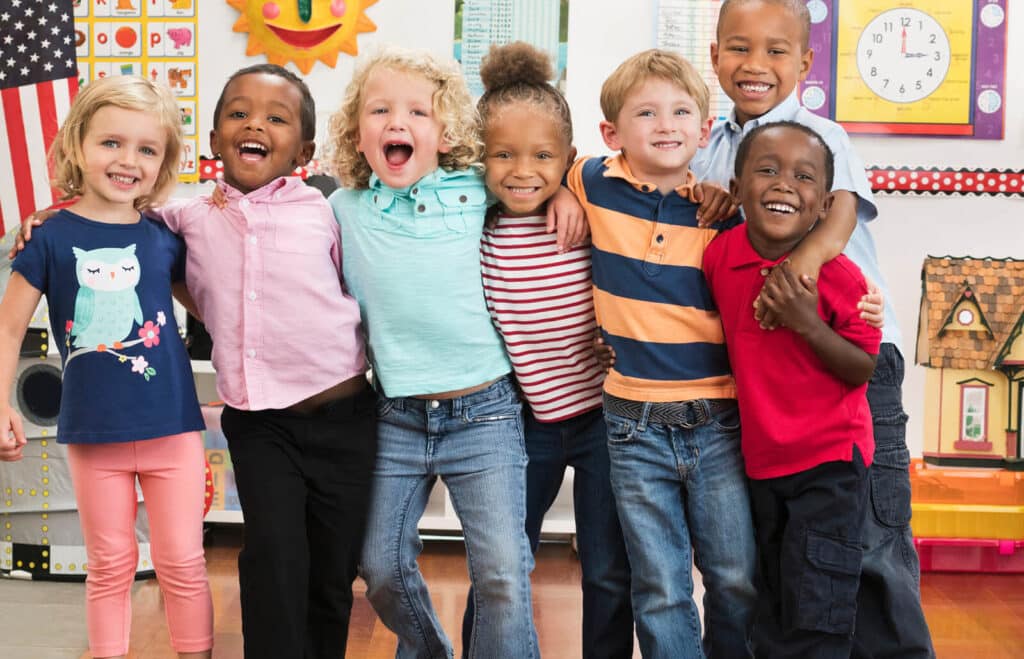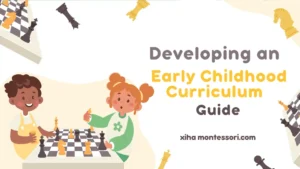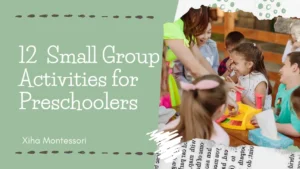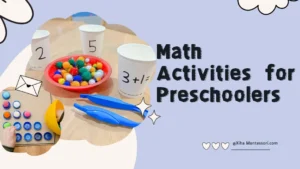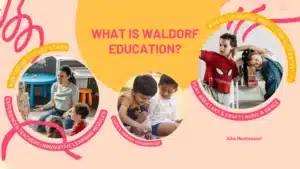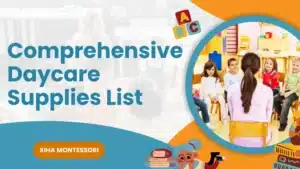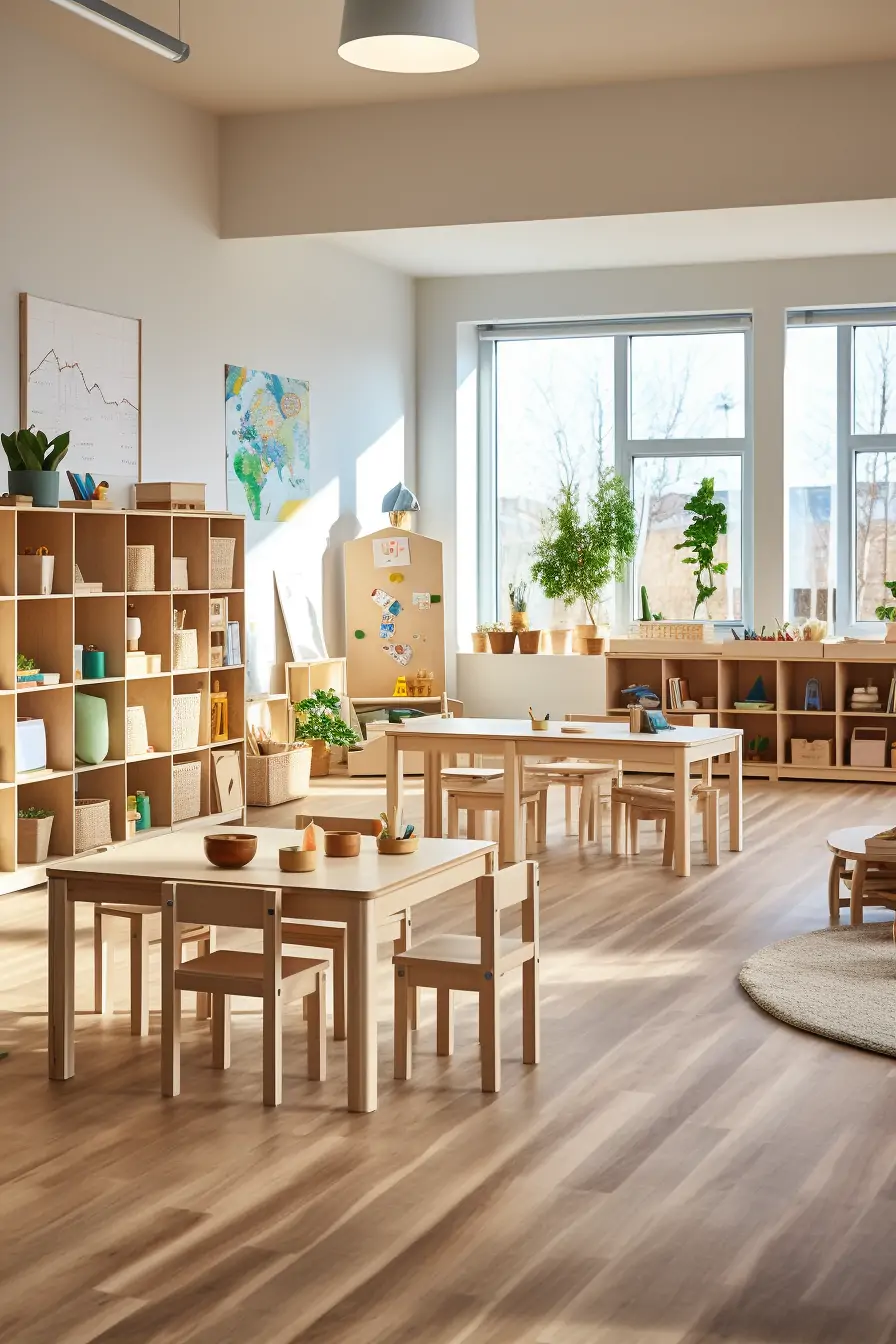As a parent or educator, you may have heard of two popular approaches to early childhood education: Reggio Emilia and Montessori. While both are known for their child-centered philosophy, there are key differences between the two that can impact your decision on which approach to choose. In this article, we’ll explore the differences between Reggio Emilia and Montessori education to help you make an informed decision.
- Philosophy and Goals Reggio Emilia is a philosophy that emphasizes child-led learning, where children are seen as active participants in their own learning. The goal is to create a community where children can express themselves through a variety of mediums, such as art, music, and drama. Montessori, on the other hand, is a method that focuses on self-directed learning, where children are given the freedom to explore their interests and learn at their own pace.
- Curriculum and Materials In Reggio Emilia, the curriculum is not predetermined, but rather emerges from the interests and experiences of the children. Teachers are viewed as co-learners with the children, and materials are often open-ended to encourage creativity and imagination. In Montessori, the curriculum is structured and designed to help children develop specific skills, such as practical life skills, sensory awareness, and language development. Materials are carefully chosen to support this development.

- Classroom Environment Reggio Emilia classrooms are designed to be aesthetically pleasing and comfortable, with natural lighting and open spaces for children to explore. There is a focus on creating a sense of community, where children can collaborate and learn from one another. Montessori classrooms are designed to be functional and organized, with child-sized furniture and materials placed on low shelves for easy access. There is a focus on creating a sense of order and structure to help children develop a sense of responsibility and independence.
- Teacher Roles In Reggio Emilia, teachers are viewed as collaborators and facilitators of learning, rather than traditional instructors. They observe and listen to children, guiding them in their learning experiences. In Montessori, teachers are trained to provide individualized instruction and guidance, but also to step back and allow children to learn independently.
- Curriculum: Montessori curriculum is based on four main areas of study: Practical Life, Sensorial, Language, and Mathematics. The curriculum is structured and designed to be taught sequentially, and students are encouraged to work at their own pace. Reggio Emilia’s curriculum is flexible and child-centered, with a strong emphasis on art and expression. The curriculum is emergent and evolves based on the interests and needs of the children.
- Role of the Teacher: In Montessori, the teacher is seen as a guide and facilitator, providing students with the necessary materials and guidance to explore and learn independently. The teacher is not the center of attention, and students are encouraged to learn from their peers. In Reggio Emilia, the teacher is also seen as a guide and collaborator, but they play a more active role in the learning process, working closely with the students to co-construct knowledge.
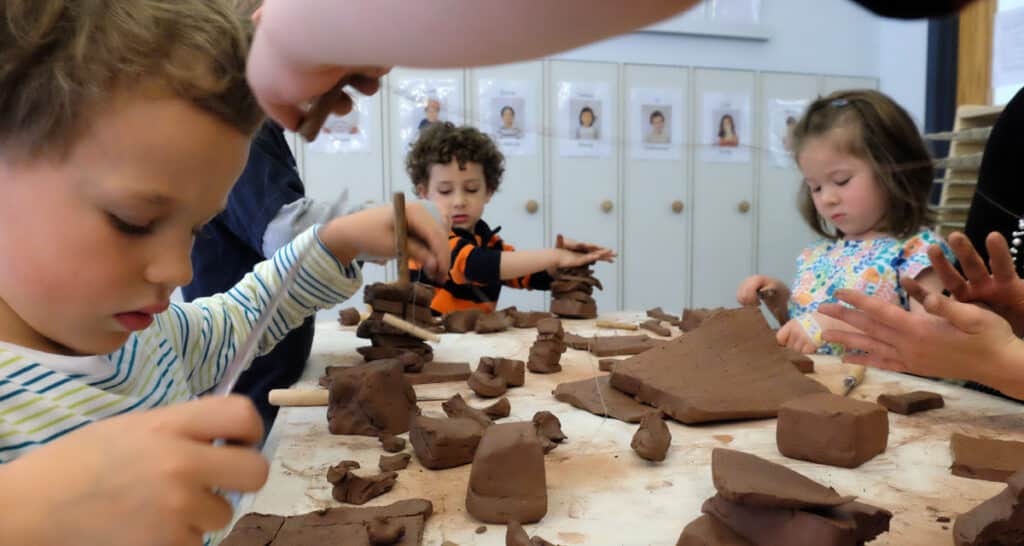
- Classroom Environment: Montessori classrooms are carefully designed to be simple, beautiful, and inviting, with natural materials and furniture that are child-sized. The classroom is divided into different areas of study, with a focus on individual and small group work. Reggio Emilia classrooms are also designed to be beautiful and inviting, with a strong emphasis on light, color, and aesthetics. The classroom is often seen as the third teacher, and there is a strong focus on creating a collaborative and social learning environment.
- Parent Involvement: Both Montessori and Reggio Emilia place a strong emphasis on parent involvement and partnership. Montessori schools often have parent-teacher conferences and encourage parents to volunteer in the classroom. Reggio Emilia schools often involve parents in the curriculum and learning process, and parents are seen as active collaborators in their child’s education.
- Overall Philosophy: While both Montessori and Reggio Emilia share some similarities, they are distinct educational philosophies with different approaches to learning and teaching. Montessori is focused on individualized, self-directed learning and is highly structured, while Reggio Emilia is more flexible and child-centered, with a strong emphasis on collaboration and expression.
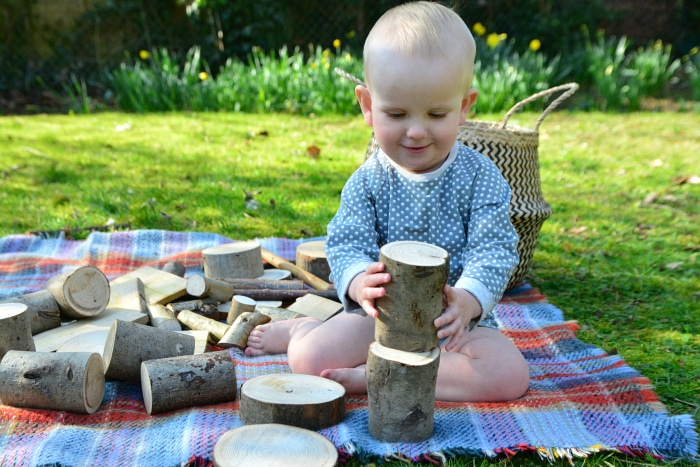
In conclusion, while Montessori and Reggio Emilia share a common goal of fostering the development of the whole child, they have different approaches to achieving that goal. Understanding the differences between these two philosophies can help parents and educators make informed decisions about the best educational approach for their children.

